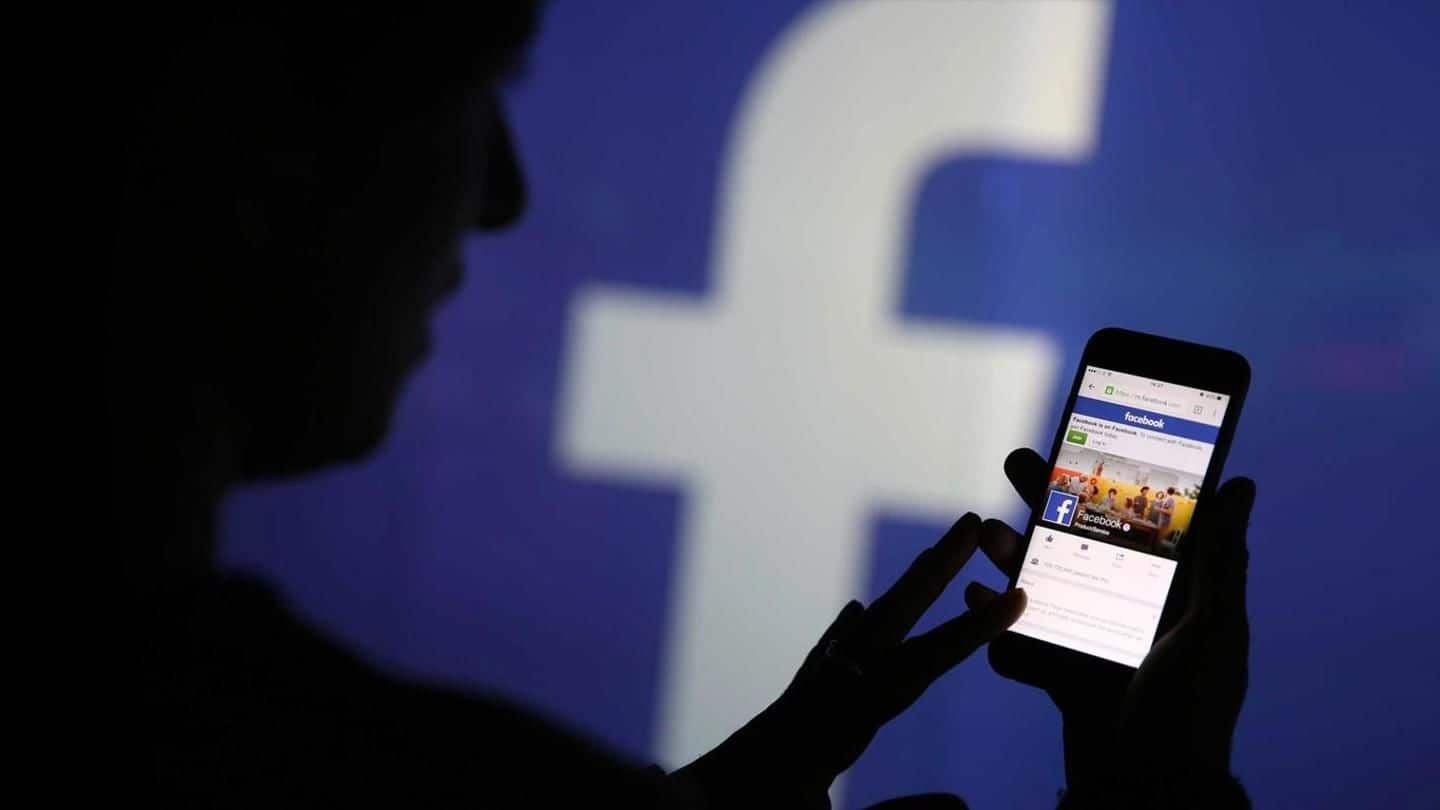
Facebook bug made private posts public, affecting 1.4 crore users
What's the story
Facebook is deep in trouble, yet again. This time for a bug that is estimated to have impacted as many as 1.4cr users. For four days in May, whatever these people posted was set to 'public' by default. So a post intended for just friends might accidentally have been shown to the whole world. It has now corrected the bug, Facebook says. Here's what happened.
Bug
What did Facebook do?
On Facebook, a user's last "audience" privacy setting is automatically applied to all future posts, till the time they change it manually. But during May 18-22, the default setting for these 1.4cr people became 'public.' People could still change it back to what their intended setting was, but only if they noticed the change. However, no previous posts were affected.
Do you know?
But why did the bug happen?
Facebook says the bug occurred as they were testing an improved "featured items" option - one that highlights certain photos and other content, and whose setting is by default 'public.' Apparently, while building this feature, Facebook inadvertently applied its privacy setting to all new posts.
Impact
Were you affected?
The company says that by May 27, it had corrected its mistake - all posts affected by this bug had been changed back to users' last privacy setting. In the meantime, it is also alerting affected people to the "technical error" which "automatically suggested a public audience when you were creating posts." It apologizes for the mistake, and advises them to review their posts.
How big a deal is it?
According to Jonathan Mayer, computer science professor at Princeton University, this gaffe "looks like a viable FTC/state attorney general deception case." This is because Facebook had promised that a) it would retain users' privacy setting to their last preference, and b) its consent decree with the FTC implied it had to get "express consent" from users before it could change their chosen audience to a broader one.
Twitter Post
Mayer explains more
Here’s the legal problem for Facebook. For several days, for 14 million users, the privacy explanation below was literally false. pic.twitter.com/Csp57rf6pq
— Jonathan Mayer (@jonathanmayer) June 7, 2018
History
Facebook's recent past has been very questionable
This comes one day after Facebook admitted it had shared user data with at least four Chinese firms flagged as "national security risk" by the US. Such agreements with Huawei, Oppo, Lenovo and TCL dated back to at least 2010. Weeks ago, the Cambridge Analytica scandal left Facebook red-faced, when it emerged it had let the firm use personal data to shape public opinion.
Tips
Here's how you can protect your privacy, somewhat
The only way to protect your data completely is to leave Facebook. But there're other less drastic steps too. Visit Settings and go to 'Apps and websites' to view which apps are using your information. You can limit the apps' access, or completely revoke permission. Don't play games through Facebook. Pay attention to what you agree to when you click on 'I accept', whichever platform it be.